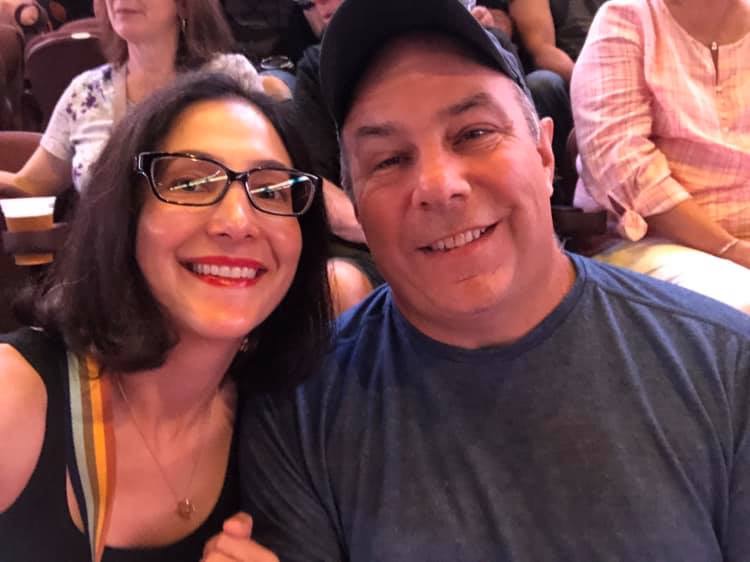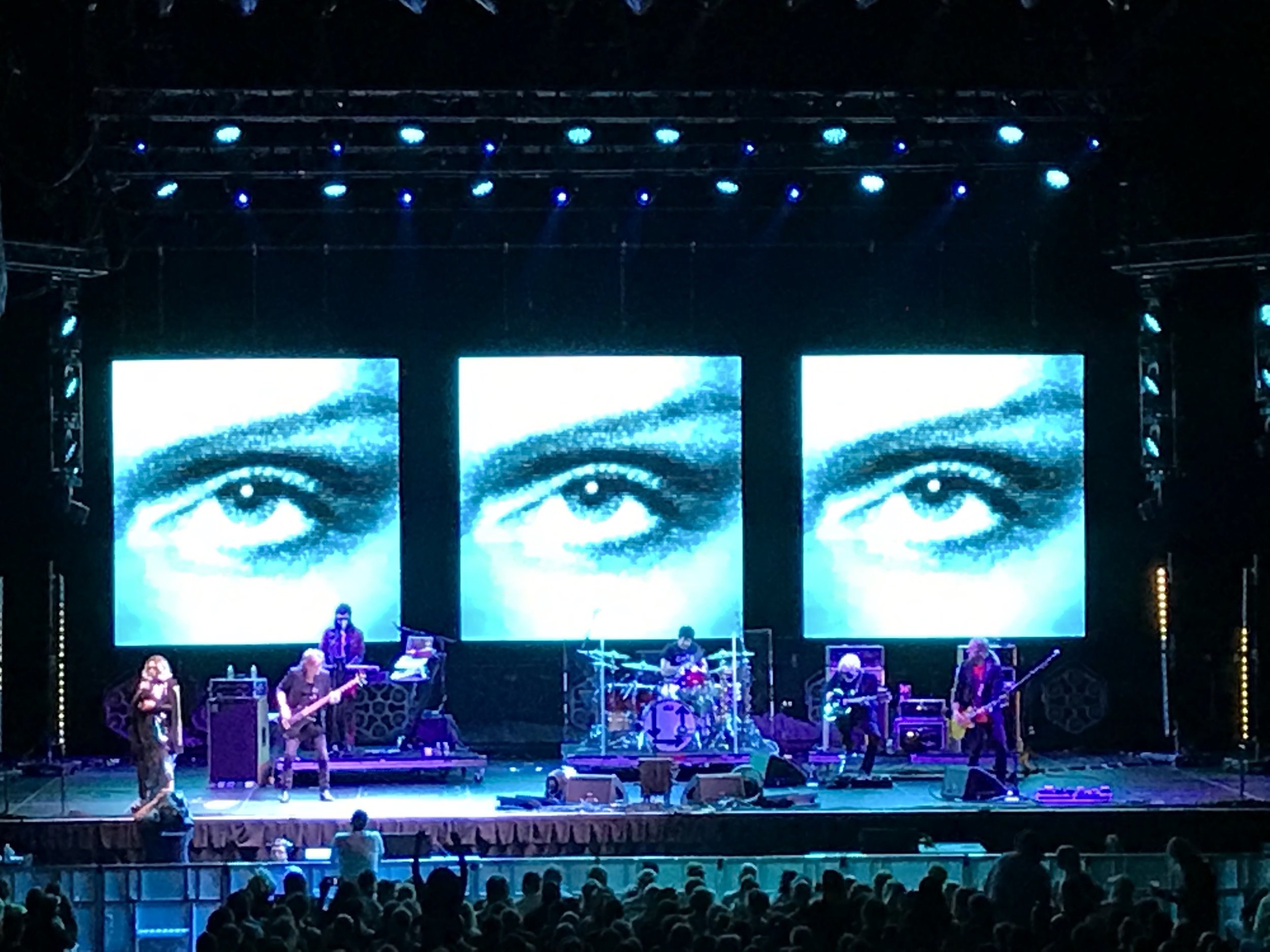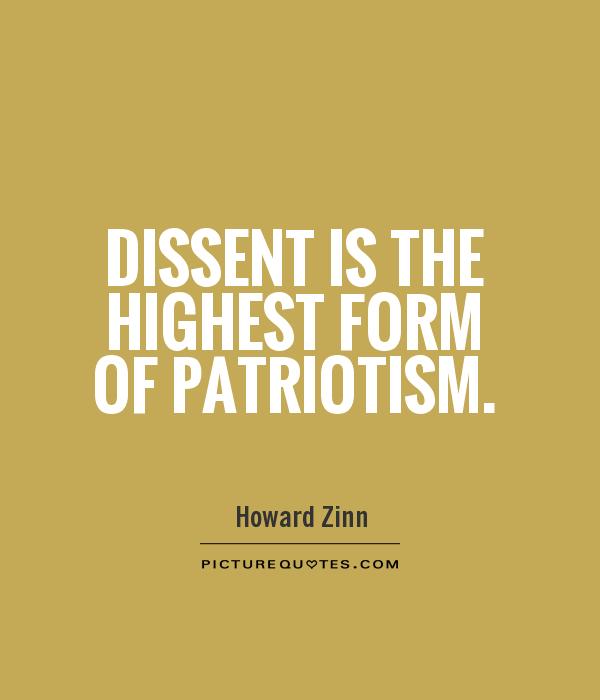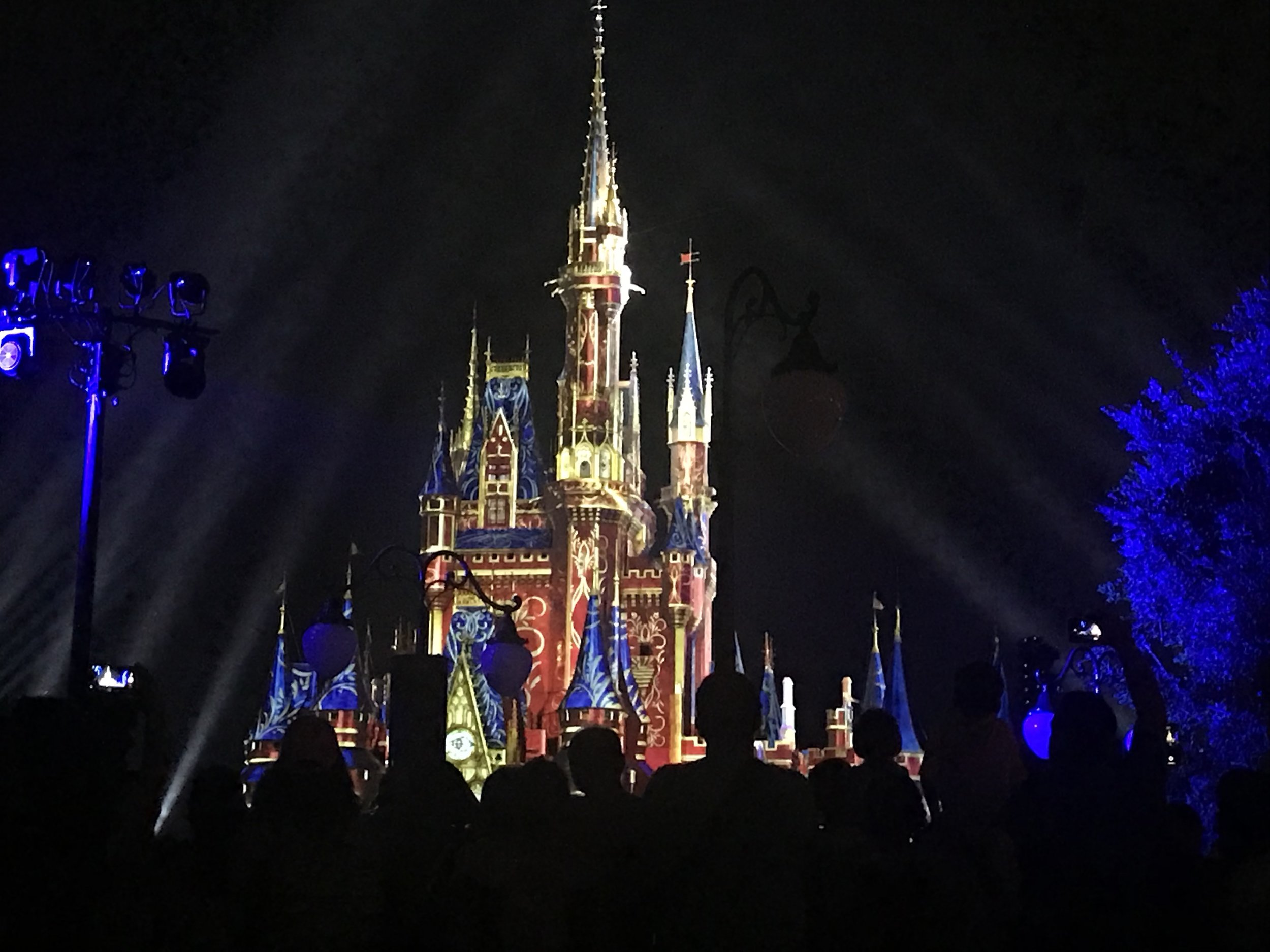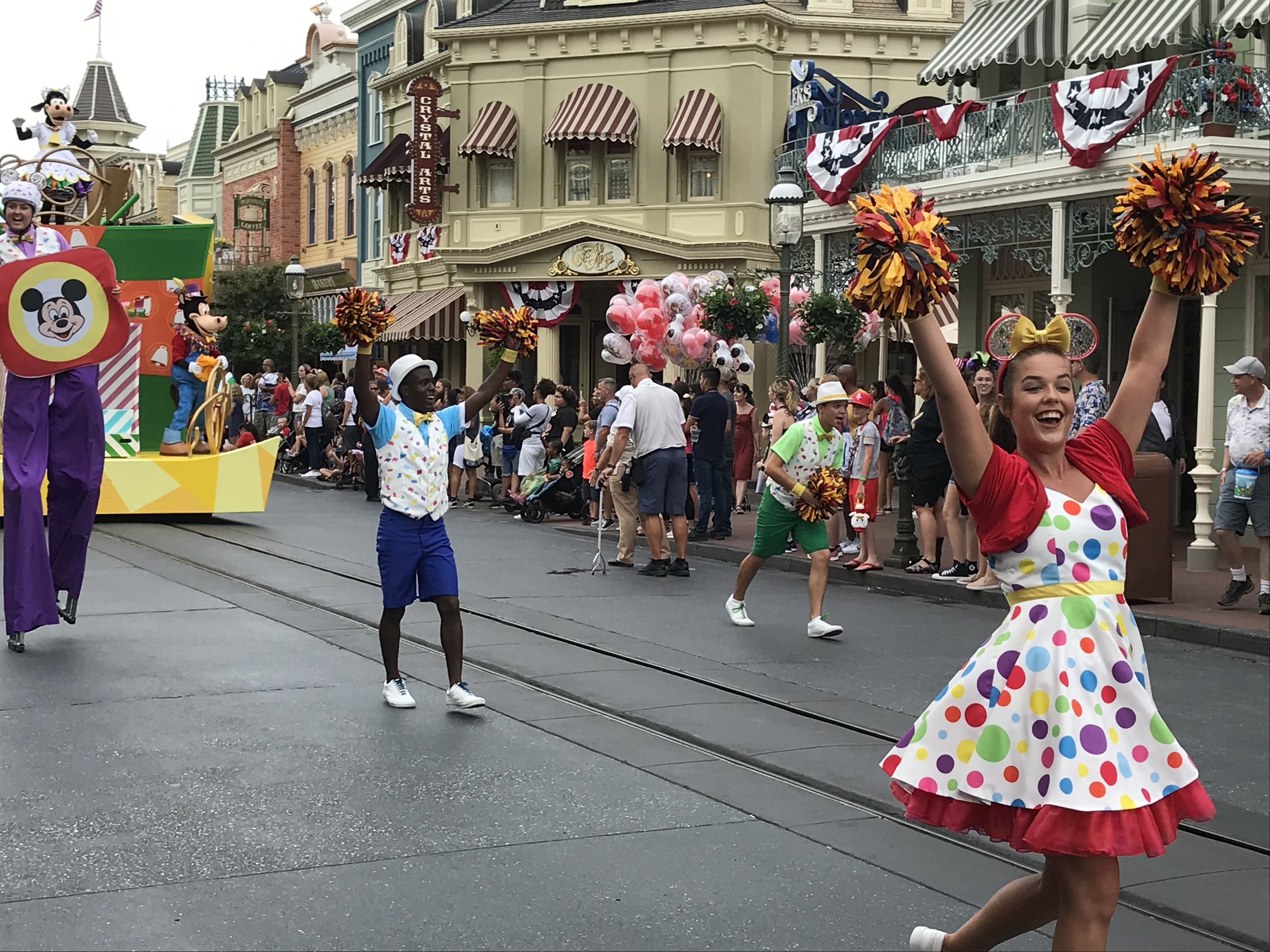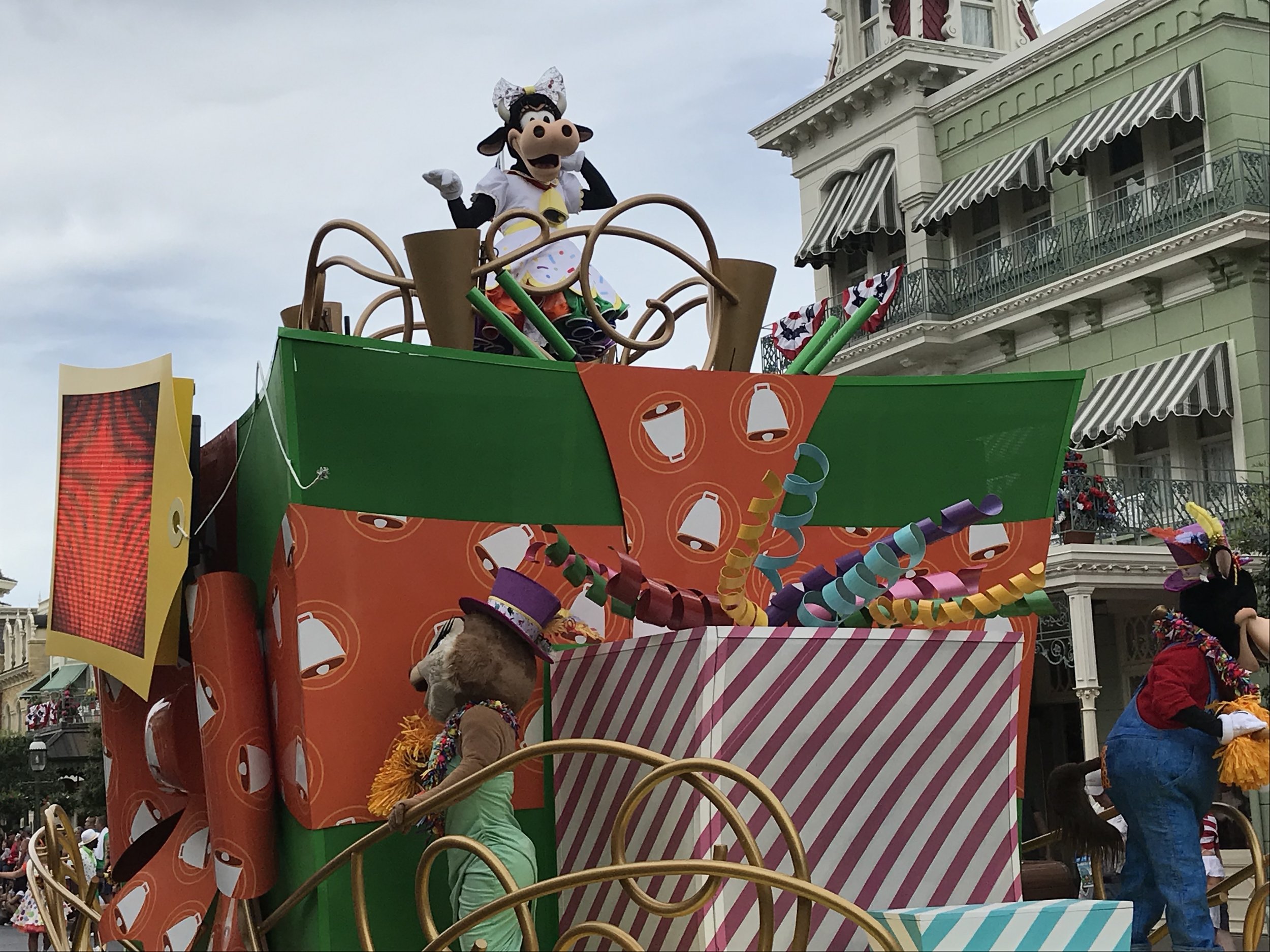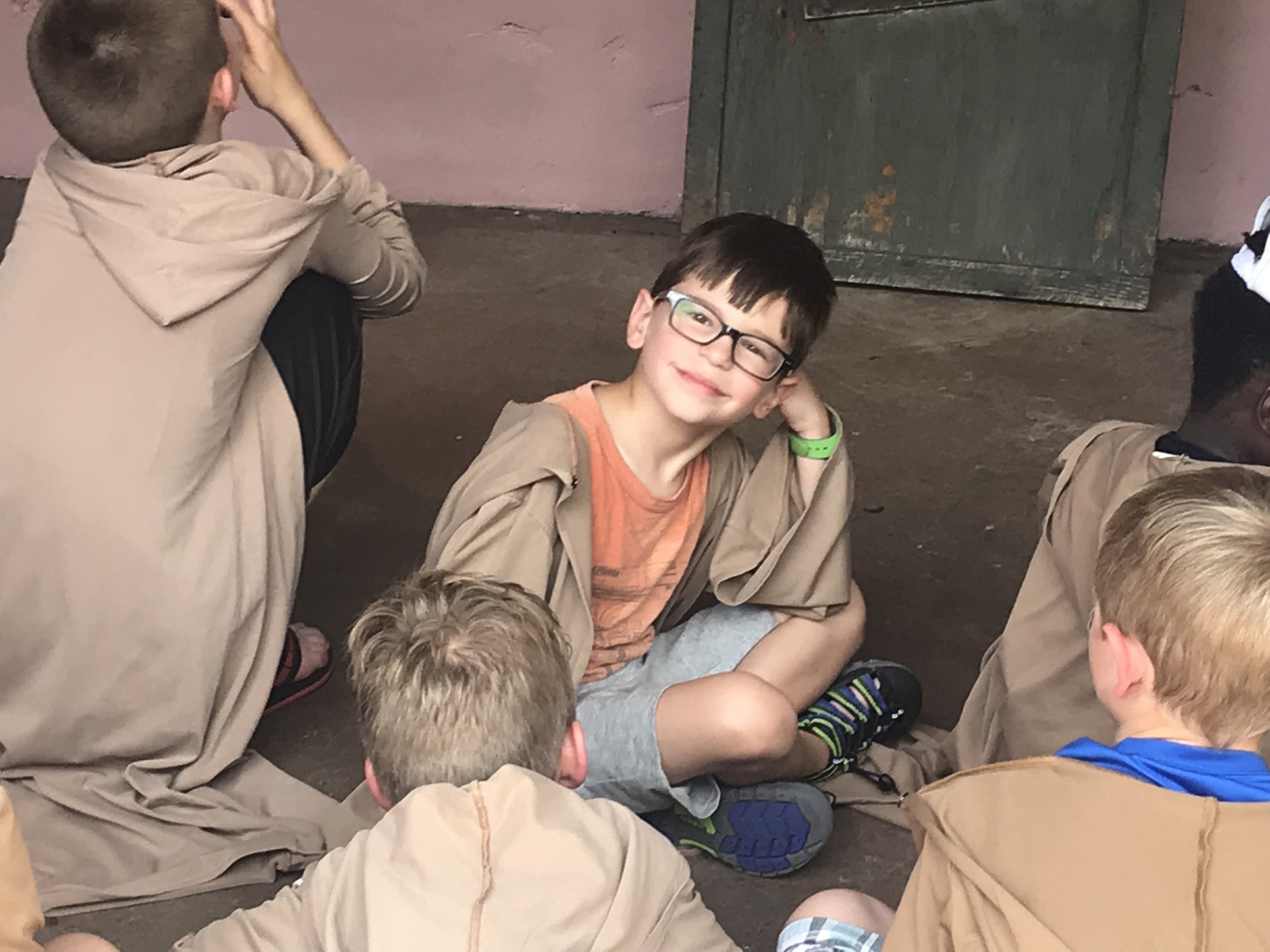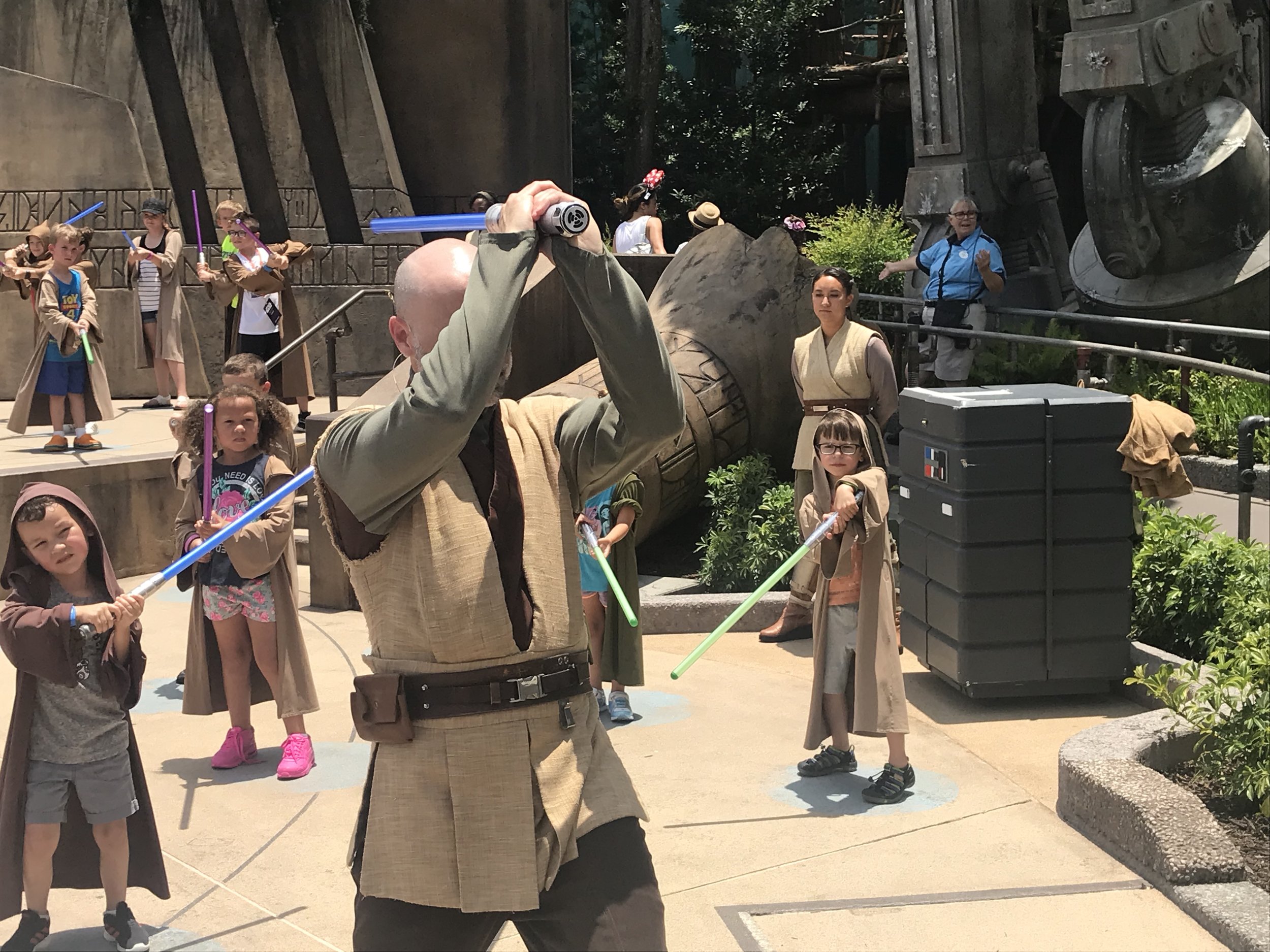Yesterday, July 14, was the ten year anniversary of my publishing career, but today, July 15, is an even more important anniversary.
Today Elysha and I celebrate our thirteenth year of marriage.
I was recently listening to The Rewatchables, a podcast about films that people love to watch again and again. They were discussing When Harry Met Sally and debating how realistic it would be for Harry and Sally to end up together at the conclusion of the film. Both women on the podcast argued that although it’s the happier, more satisfying ending. these things don’t happen in real life.
Friends like Harry and Sally never marry. Improbable relationships never end up happily ever after.
I was debating the truth behind these jaded statements when it occurred to me that Elysha and my marriage was just as improbable as Harry and Sally’s marriage.
When I met Elysha in the waning days of summer of 2002, I was married to another woman and Elysha was engaged and just a few months away from being married to another man. Yes, my marriage wasn’t ideal, and yes, Elysha was beginning to have doubts about her engagement, but still, we were both committed to other people in long term, serious relationships.
Elysha and I first laid eyes on each other on a late August day during the first faculty meeting of the school year.
I remember thinking that Elysha was beautiful, young, and impossibly cool. The kind of girl who would never even look in my direction.
She remembers thinking of me as one of the cool kids, laughing and joking my way through that first meeting with my faculty friends.
We started out as colleagues, a single classroom separating our two classrooms. Our first real conversation took place during a hike with students around the lake at Camp Jewell in Colebrook, CT. Elysha was telling me about her upcoming wedding, and as a wedding DJ about five years at the time, I offered her advice on her upcoming wedding and told her about my own wedding.
An improbable movie moment if ever there was.
Eventually Elysha and I began friendly. She asked me to do her taxes. I dropped her off at the garage to pick up her car. She and I took students to lunch at The Rainforest Cafe at the end of the school year as part of a school fair raffle prize.
We were friendly, but after that meal, we said goodbye for the summer, never speaking until the beginning of the next school year.
We were friendly, but we certainly weren’t friends.
Elysha called off her engagement about two months before the wedding, and around that same time, I separated from my wife. Even then, we didn’t get together. After picking ourselves off the ground, we eventually began dating other people. Elysha was set up by a colleague and started an almost year-long relationship with another man. I dated a few people, including our school psychologist.
Our friendship, like Harry and Sally’s, deepened during that time, but still, there was no romance. We were simply good friends dating other people.
About a year later, as our relationships with those other people began to wane, we turned toward each other. In truth, I had noticed Elysha right from the start but had always assumed tat she was too beautiful and - more importantly - too cool to ever be interested in me. The fact that she was my friend was thrilling enough.
But as out late night phone calls grew longer and longer and we shared more and more of our lives with each other, I started to wonder if it was possible that Elysha Green could actually like me.
Like like me.
Elysha made the first move during a hike on Mount Carmel in Sleeping Giant State Forest. On the way down the mountain, she reached out and held my hand.
I couldn’t believe it.
Later that night, in the parking lot of our school, she told me that she liked me, and my response - chronicled recently on this blog - was, “I’m flattered.”
Don’t ask me why. I’m stupid sometimes.
Five minutes after she drove off, I replayed the conversation in my head and realized how stupid I had been.
“I’m flattered?” What was I thinking? She likes me!
I panicked.
I called and called to apologize and tell her that I liked her, too, but Elysha was famous back then (and now) for not listening to voicemail messages, so I went to bed worried that I had blown my chance with the coolest woman I had ever known.
Classic romantic comedy misconnection.
I corrected things the next morning, chasing her down and rejecting a note she had written to me asking if we could still be friends. That night, we kissed for the first time in the parking lot outside my apartment.
Two months later, we moved in together. Six months after that, I asked Elysha to marry me on the steps of Grand Central Terminal in New York City while two dozen friends and family secretly watched amongst the throng of holiday travelers.
On July 15, 2006, we were married.
Friends like Harry and Sally never get married? Improbable romances never work out?
Nonsense!
I could write a movie about our relationship - a great romantic comedy - and those two jaded women on the podcast would probably say the same thing:
A boy and girl meet at work. One is married. The other is engaged and about to be married. Their first conversation is about the girl’s pending nuptials. Over time, they become friendly.
Then the boy’s marriage ends in divorce. The girl calls off her engagement just a couple months before the wedding. They engage in new relationships with new people, all the while becoming better and better friends.
Those relationships with other people begin to fail, and then one day, while hiking together on a mountain, the girl reaches out and takes the boy’s hand.
His heart bursts with joy.
Later, she confesses her love to him. He fails to reciprocate because boy’s are stupid. Eventually he chases her down and corrects his mistake. Confesses his love.
They kiss. Marry.
Today they celebrate 13 years of marriage. They have two kids. A home. Two cats. A brilliant, beautiful life together.
“Yeah, right,” those women on the podcast would say. “Never happens.”
Improbable? Maybe.
Impossible? Nonsense.
Happy anniversary, honey.








